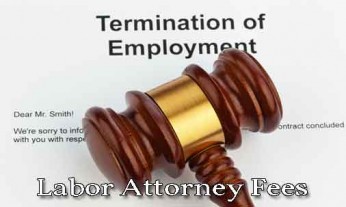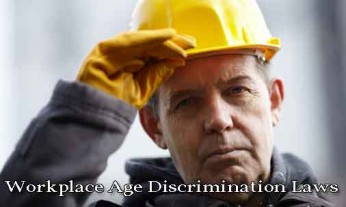 Clients involved in employment discrimination cases will often ask, “If I win, will the other side have to pay my labor attorney fees, or my court costs?” The answer often depends on whether the client is the employer or the employee.
Clients involved in employment discrimination cases will often ask, “If I win, will the other side have to pay my labor attorney fees, or my court costs?” The answer often depends on whether the client is the employer or the employee.
Federal Labor Cases
In federal actions involving Title VII of the Civil Rights Act of 1964, there is an “asymmetrical rule.” If the plaintiff wins, he or she will automatically receive compensation from the other party for his or her attorney’s fees. But a winning defendant does not automatically receive compensation for attorney’s fees. A winning defendant will only receive such compensation if the court finds that the plaintiff’s claim was “frivolous, unreasonable or groundless, or that the plaintiff continued to litigate after it clearly became so.”
If you’re an employer, you may be thinking that seems awfully unfair. Why is this the rule? The precedent is the result of a Supreme Court decision, Christiansburg vs. Equal Employment Opportunity Commission. The ruling held that “Assessing attorney’s fees against plaintiffs simply because they do not finally prevail would substantially add to the risks inhering in most litigation and would undercut the efforts of Congress to promote the vigorous enforcement of the provisions of Title VII.” The Court was concerned that victims of discrimination would be reluctant to come forward if they knew that they would be liable for potentially huge legal fees if they lost.
California Employment Cases
Of course, not all employment discrimination claims involve Title VII. California has its own standards on court cost issues for cases involving the California Fair Employment and Housing Act (FEHA). Unfortunately, these standards have not always been clear.
Section 1032 of the California Code of Civil Procedure states, “Except as otherwise expressly provided by statute, a prevailing party is entitled as a matter of right to recover costs in any action or proceeding.” However, Government Code Section 12695 states that in FEHA cases, “the court, in its discretion, may award to the prevailing party…reasonable attorney’s fees and costs, including expert witness fees.”
On May 5, 2015, the Supreme Court of California cleared up any confusion as to whether Sect. 12695 is an exception to Sect. 1032. In the case of Williams vs. Chino Valley Independent Fire District, the Court held that Sect. 12695 is an exception – and thus a prevailing defendant in a FEHA case should not automatically be awarded courts costs (or attorney’s fees).
The ruling states that the standard used by the U.S. Supreme Court in Christiansburg should apply to FEHA parties. In the words of the court:
“A prevailing plaintiff should ordinarily receive his or her costs and attorney fees unless special circumstances would render such an award unjust. A prevailing defendant, however, should not be awarded fees and costs unless the court finds that the action was objectively without foundation when brought, or the plaintiff continues to litigate after it clearly became so.”
Concerned About Labor And Employment Cases Costs and Fees?
If you have any questions about the ruling, or about the prospect of paying your opposing parties’ court costs or attorney’s fees, you may wish to contact the Santa Rosa employment and labor law attorneys at Beck Law P.C. You can call or email us today to schedule a consultation.









